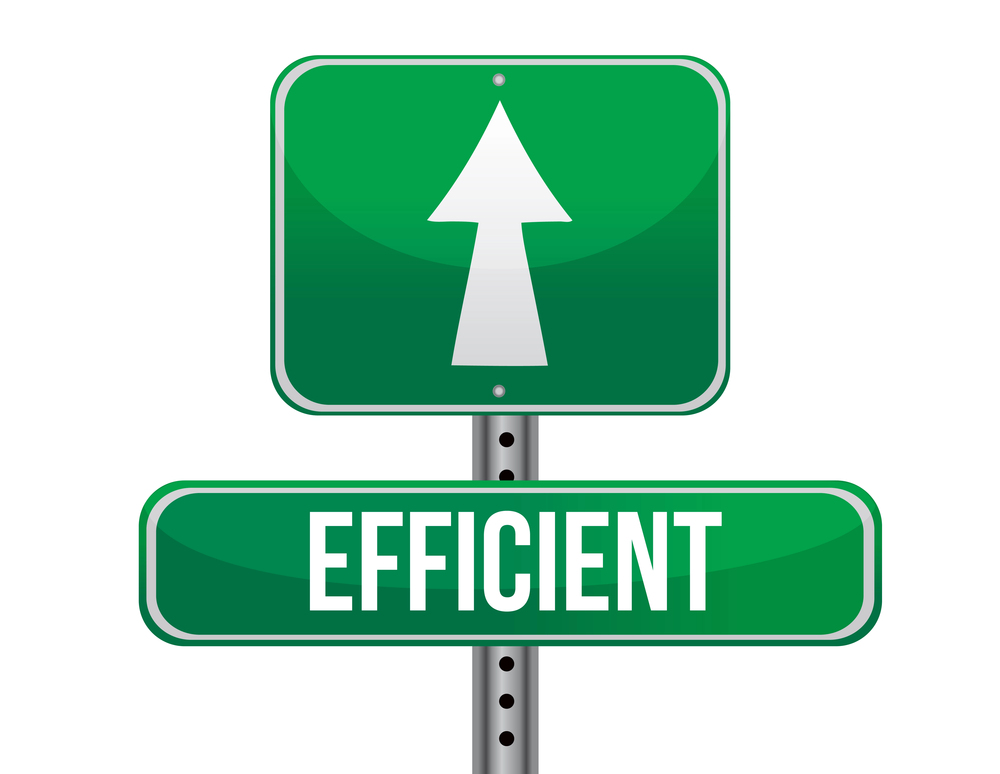How to improve your vehicle's MPG?
Valerie Raskovic

Improving your vehicle's miles per gallon (MPG) can save you money, reduce your environmental impact and even reduce excessive wear and tear related damage and repairs. Whether you drive a compact car, an SUV or a pickup truck, there are several strategies you can employ to boost your vehicle’s fuel efficiency.
Regular Maintenance:
Regular maintenance is one of the easiest ways you can help ensure your vehicle is performing at its peak. It reduces MPG degradation due to lack of maintenance and provides the added benefit of reducing the risk of unexpected breakdowns and repairs. Consult with your vehicle owner’s manual and contact the vehicle manufacturer to ensure that you are performing regular maintenance at manufacturer recommended intervals.
While different cars may require different maintenance items and schedules, among the most important maintenance items on all gasoline powered cars include:
- Fluid Changes: Your internal combustion engine is full of different fluids. Among the most important is the engine oil. It is the lifeblood of any gasoline engine. Contaminated, old and dirty oil can cause your engine to work below efficiency, increasing wear and tear on engine components, making them susceptible to premature failure.
In addition, the engine oil is also important to flush out your engine coolant/antifreeze based on the manufacturer’s recommended interval guidelines. Vehicles equipped with automatic transmissions may also require regular service. Some manufacturers may categorize their transmission as “lifetime oil”; however, it is important to fully understand the meaning of lifetime as defined by the manufacturer. Some manufactures may categorize a vehicle’s lifetime as 100,000 miles. Before performing any transmission fluid and filter changes, be sure to consult with a professional automotive technician familiar with your specific make and model vehicle.
Some hydraulic system fluids like brake, clutch and steering fluid, must also be changed regularly. Unlike the engine oil, the hydraulic systems in your vehicle are sealed systems with a lower chance of introducing foreign contaminants; they typically do not require frequent changes like the engine oil.
- Filter Changes: Your vehicle comes with dedicated filters to scrub out contaminants from the oil, air and fuel. Since the oil filter must be changed during each oil change, it is important to always check the engine air filter. A dirty, clogged up air filter can starve your engine of air causing, it to run rough and lack power with poor MPG. An engine fuel filter change may be more labor intensive as in most modern-day vehicles, the fuel filter is integrated into the fuel pump and lives within the gas tank. As you can imagine, a fuel filter change on most modern vehicles tends to be somewhat of an expensive service item. However, the fuel filter typically has a longer service interval than the air filter and it does not need to be changed as frequently.
- Replace Spark Plugs: Worn spark plugs can reduce fuel efficiency. Replace them according to the manufacturer's recommendations.
- Maintain Your Vehicle Battery: A weak battery can cause your alternator to work harder, putting additional strain on the motor and using up more fuel. Ensure your battery connections are free from corrosion and have the battery replaced whenever it fails to hold a consistent charge.
- Replace wear and tear parts: Worn suspension, tires and drivetrain components can all lead to premature failures and increased fuel use. This is the reason why it is vital to have the vehicle regularly inspected and address all service items in a timely manner. Check to ensure that your mechanic only uses factory certified parts as recommended by your vehicle’s manufacturer.
Tire Care:
One of the fastest and easiest ways to improve your vehicle’s MPG is to inflate underinflated tires. A vehicle with an underinflated tire will have reduced fuel efficiency. By checking your tire pressure regularly and inflating them to the recommended level, you can make sure you are not losing any MPGs due to the additional friction caused by underinflated tires.
Reduce Weight and Aerodynamic Drag:
Keep in mind every pound you add to the car is an extra pound that your engine has to work to move. By reducing clutter and removing any unnecessary items from your vehicle, you can improve fuel efficiency.
Aerodynamic drag is an issue that is often overlooked and ignored however, it can have a profound effect on your vehicle’s efficiency and MPG. Items such as roof racks, roof baskets, skis, bikes and tents can drastically increase drag by increasing the wind resistance, reducing fuel efficiency. It is advised to remove all rooftop accessories when not in use.
Change your driving style:
The way you drive has a monumental effect on the vehicle’s fuel economy. Frequent hard acceleration and sharp turns can greatly reduce your vehicle’s fuel economy. While you may not be able to completely avoid stop and go style driving, especially if you commute in a crowded city, there are things you can do to lessen the impact on your car and wallet. Try avoiding rapid acceleration, which uses more fuel. Instead, accelerate gradually and smoothly. Try to coast to stops whenever possible. Sudden braking can waste fuel and reduce your overall efficiency. To stay in tune with the vehicle and your driving efficiency, track your fuel consumption. Measure how much fuel is required per mile driven manually every time you fill up your tank. You may also try using various fuel efficiency apps to help you improve your driving style and habits. Many modern vehicles have an "Eco" mode that optimizes fuel efficiency by adjusting engine performance, transmission shift points and other settings.
Use the correct fuel:
Always use the fuel grade recommended by your vehicle's manufacturer. You may think you are saving money by filling up with a lower grade fuel than the one recommended by your vehicle’s manufacturer however, it could be costing you more in reduced MPG. While higher octane fuel is not always necessary for all years, makes and models of vehicles, if you have a vehicle that mandates it, then it is vital you use high octane fuel every time you fill up the tank. This is especially important on forced air induction engines equipped with turbochargers or superchargers.
Improving your vehicle's fuel efficiency is a combination of regular maintenance, efficient driving style and good habits. By implementing these strategies, you can save money on fuel, reduce your environmental impact and even prolong your vehicle’s life. Whether you are a daily commuter or a long-distance traveler, every small change can make a big difference in your vehicle's MPG.
Read more articles

